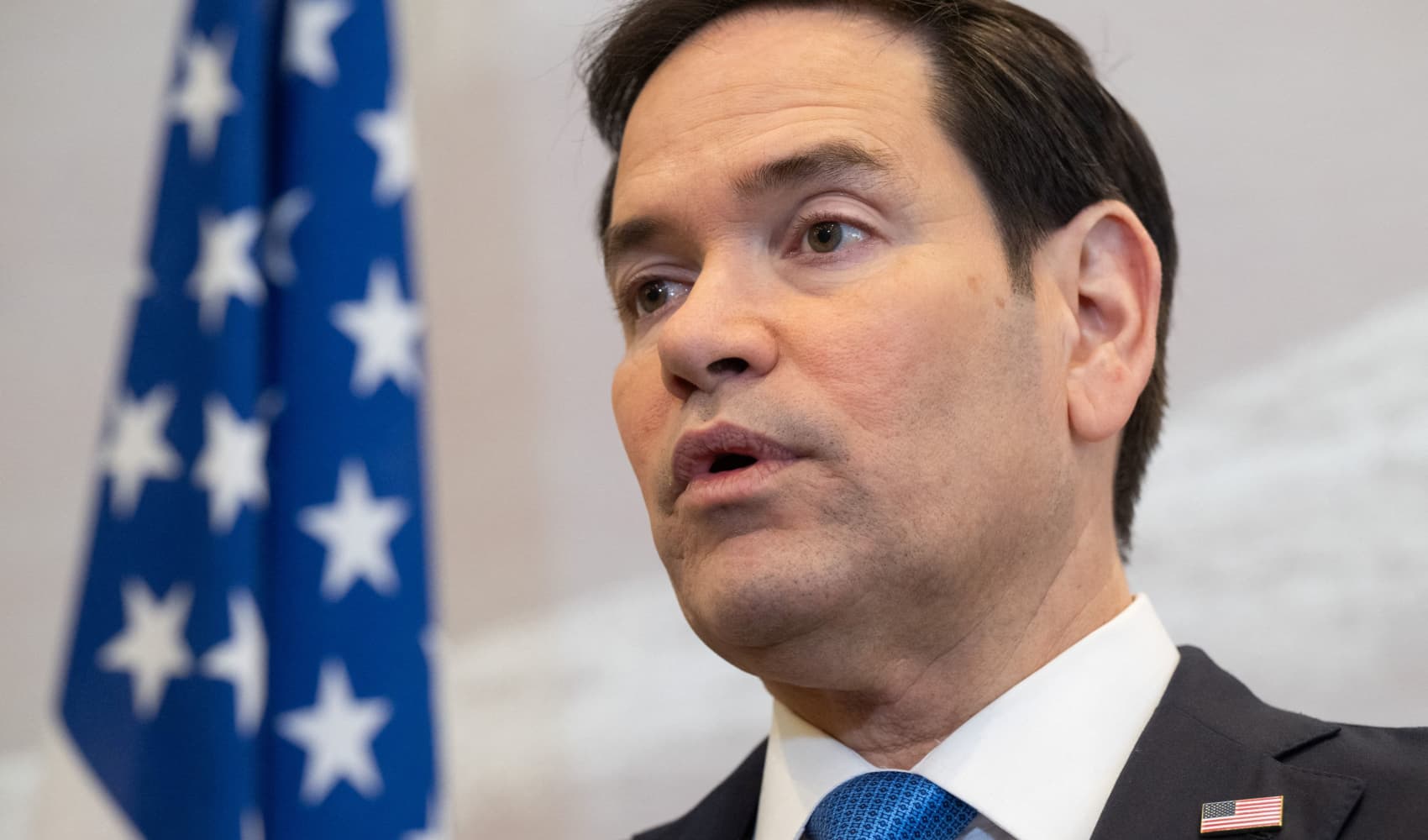Kidnapped Ecuadorian Soccer Star's Family Rescued!
Ecuadorian Soccer Star's Family Rescued After Horrifying Kidnapping Ordeal
A Nation Breathes a Sigh of Relief
In a story that gripped Ecuador, the family of Jackson Rodríguez, a prominent Ecuadorian soccer player, has been rescued after being kidnapped from their home in Guayaquil. It's the kind of news that makes you hold your breath, isn't it? The collective relief across the nation is palpable. The ordeal, which unfolded earlier this week, thankfully reached a positive conclusion thanks to swift police action.
The Chilling Details of the Kidnapping
Let's rewind to the beginning. On Wednesday, four individuals, described as “hooded and heavily armed,” stormed into Rodriguez's home in the Mucho Lote neighborhood. Can you imagine the terror? The 26-year-old Rodriguez, a left-back for first division club Emelec, bravely hid under his bed. While his bravery is commendable, his 24-year-old wife and five-year-old son were taken. It’s the kind of scenario that turns a person’s blood cold. It's a reminder that even celebrity doesn’t offer immunity from the harsh realities of crime.
Hiding in Fear: Rodriguez's Reaction
We can only speculate on Rodriguez's thought process as he hid under the bed. Was it the act of a coward? Absolutely not. In a situation like that, the primal instinct to survive, to protect, takes over. Hiding was likely his immediate attempt to assess the situation and potentially plan a counter-attack, had the situation allowed.
A Mother and Child's Safe Return
The good news is that Rodriguez's wife and son are safe. Following their release, they received immediate medical attention. The family is now being supported and protected. This is a testament to the courage and resilience of the Ecuadorian people.
The Ransom Demand: A Desperate Plea
The kidnappers, in their desperation, demanded a ransom of $500,000 for the safe return of the wife and son. A hefty sum! But here's where the story takes another turn. The family refused to pay. A risky decision? Perhaps. But one made with a strong resolve and faith in law enforcement.
Why Refuse to Pay the Ransom?
Refusing to pay a ransom is a calculated risk. On one hand, it could endanger the victims. On the other hand, it could discourage further kidnappings by signaling that Ecuadorians will not succumb to extortion. It's a difficult decision to make, and one that highlights the gravity of the situation. It's like playing a high-stakes poker game, where the chips are lives.
The Police Operation: A Race Against Time
Ecuadorian police launched a swift and extensive operation to locate the kidnapped mother and son. Time was of the essence. Every minute that passed increased the risk to their safety. The police's dedication and professionalism ultimately led to the successful rescue.
The "El Fortín" Location: A Hotbed of Crime
After late-night police operations on Thursday, the authorities located the pair in "El Fortín," a notorious neighborhood in the northwest of Guayaquil. “El Fortín” is considered one of the most dangerous areas in the city. Imagine the tension of the rescue operation in such a perilous location. To give you an idea, 22 people were massacred there in March. The fact that the rescue was successful despite the inherent risks of “El Fortín” is a testament to the police's skill and bravery.
Understanding "El Fortín"'s Reputation
“El Fortín” isn't just another neighborhood; it's a symbol of the challenges Ecuador faces with crime and gang violence. Poverty, lack of opportunity, and a breakdown of social structures contribute to its reputation. It's like a pressure cooker, where tensions are always simmering.
Jackson Rodríguez: More Than Just a Soccer Player
Jackson Rodríguez is more than just an Emelec player. He's a father, a husband, a son, and a symbol of hope for many young Ecuadorians. His story is a reminder that behind every celebrity, there’s a human being with vulnerabilities and fears, just like the rest of us. It's easy to see them as invincible on the field, but this incident brings them back down to earth.
The Impact on Ecuadorian Soccer
This kidnapping has sent shockwaves through the Ecuadorian soccer community. How can players focus on the game when their families are at risk? This incident raises serious questions about security and the protection of athletes and their loved ones. It's a blow to the nation's morale, but also a wake-up call to improve security measures.
Addressing Security Concerns in Ecuadorian Sports
The Ecuadorian Football Federation (FEF) and the government need to collaborate to implement better security protocols for players and their families. This might involve providing private security, improving surveillance systems around players' homes, and increasing police patrols in areas where players reside. It's an investment in the well-being of the sport and its stars.
Community Support: Ecuador Stands Together
In times of crisis, communities often come together, and this case is no exception. Ecuadorians from all walks of life have expressed their support for the Rodríguez family, demonstrating the power of unity in the face of adversity. The outpouring of support is a testament to the strong sense of community in Ecuador.
The Broader Issue: Crime in Guayaquil
The kidnapping highlights the growing problem of crime in Guayaquil. The city has become a hotspot for drug trafficking, gang violence, and other criminal activities. This incident serves as a stark reminder of the need for comprehensive strategies to address the root causes of crime and improve public safety. Guayaquil, with its vibrant culture and hard-working people, deserves better. It's like a beautiful painting being marred by a dark stain.
Combating Crime: A Multi-Faceted Approach
Combating crime requires a multi-pronged approach that includes strengthening law enforcement, improving social programs, addressing poverty and inequality, and promoting education and employment opportunities. It's a long and challenging process, but one that is essential for creating a safer and more prosperous future for all Ecuadorians.
The Importance of Police Resources and Training
The successful rescue of the Rodríguez family underscores the importance of investing in police resources and training. Well-equipped and well-trained police officers are essential for preventing and responding to crime. The Ecuadorian police deserve recognition for their bravery and dedication in this case.
A Call for Justice
The perpetrators of this heinous crime must be brought to justice. Justice is not just about punishment; it's about sending a message that such acts will not be tolerated and deterring others from committing similar crimes. The pursuit of justice is like a beacon of hope, guiding the way towards a safer society.
The Road to Recovery for the Rodríguez Family
The Rodríguez family has been through a traumatic experience. It will take time for them to heal and recover. They need support, understanding, and privacy as they navigate this difficult period. We can only imagine the emotional scars they will carry. It's like a wound that needs time to heal, both physically and emotionally.
Looking Ahead: Prevention and Vigilance
This incident should serve as a wake-up call to strengthen crime prevention measures and increase vigilance in communities across Ecuador. We must all play our part in creating a safer environment for ourselves and our families. It's like building a fortress, brick by brick, to protect what we hold dear.
Conclusion: Hope Amidst Darkness
The successful rescue of the Rodríguez family is a beacon of hope amidst the darkness of crime and violence. It demonstrates the power of community, the bravery of law enforcement, and the resilience of the human spirit. While the ordeal has undoubtedly left its mark, it also serves as a reminder that even in the face of adversity, hope can prevail. The story of the Rodriguez family is a testament to the enduring strength of the Ecuadorian people.
Frequently Asked Questions
- What triggered the recent increase in crime in Guayaquil?
Several factors contribute to the rise in crime, including the city's strategic location for drug trafficking, a struggling economy leading to desperation, and the presence of powerful criminal gangs vying for control.
- What specific security measures are in place for Ecuadorian soccer players?
Currently, security measures vary but often involve private security details and collaboration between clubs and local police. However, this incident highlights the need for more robust and standardized protocols.
- What role does poverty play in fueling crime rates in areas like "El Fortín?"
Poverty creates a breeding ground for crime by limiting opportunities, fostering desperation, and weakening social structures. It makes individuals more vulnerable to recruitment by criminal organizations.
- How can Ecuadorian citizens contribute to improving community safety?
Citizens can participate in neighborhood watch programs, report suspicious activity to the police, support community initiatives aimed at addressing poverty and inequality, and advocate for stronger crime prevention policies.
- What long-term solutions can address the underlying causes of crime in Ecuador?
Long-term solutions include investing in education and job training, strengthening social services, improving governance and transparency, and addressing corruption within law enforcement and the justice system.








